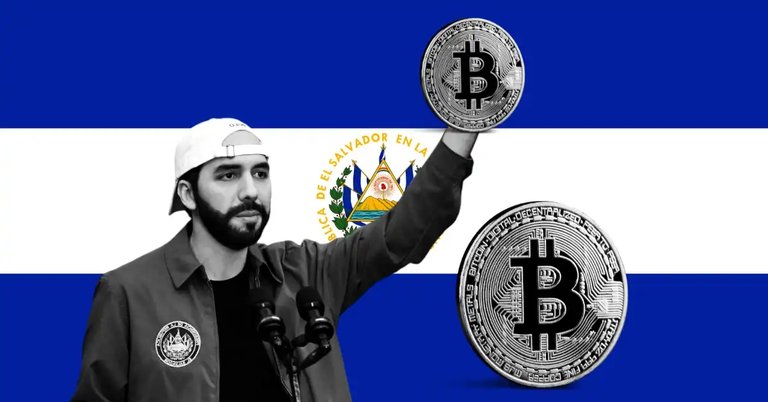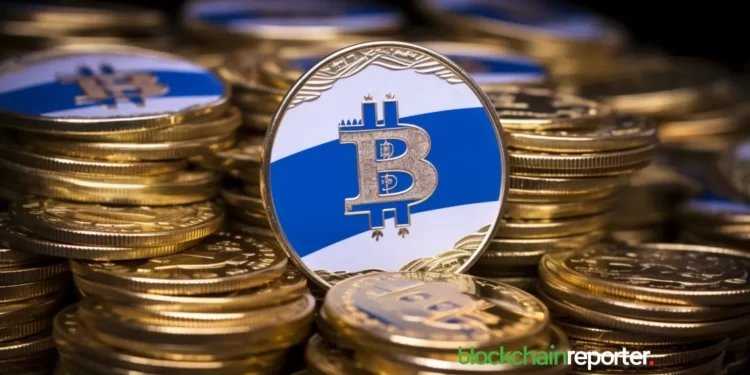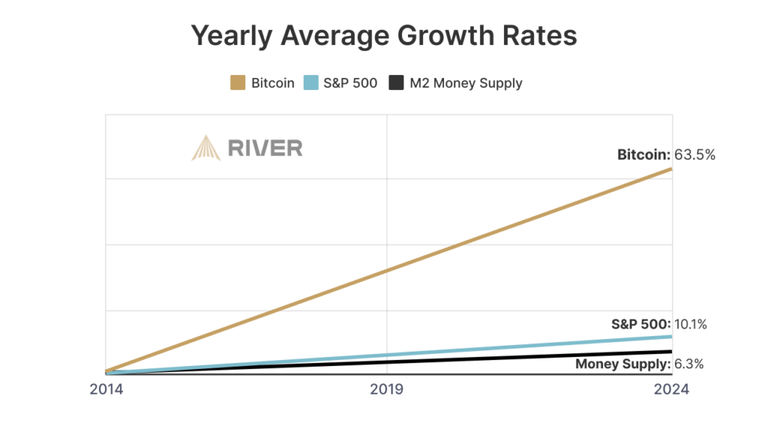Fortune favors the brave...

In 2024, El Salvador achieved notable profits from its Bitcoin investments, with a return of $196.33 million—a year-over-year gain of 71%. The nation’s decision to adopt Bitcoin (BTC) as legal tender is proving lucrative, with substantial gains driven by Bitcoin’s new all-time high of $82,000, boosted in part by post-election sentiment in the U.S.
As of November 10, El Salvador held approximately 5,930.77 BTC, valued around $486 million based on current market rates, according to data provided by Finbold from El Salvador's Bitcoin Office.
The Role of El Salvador’s Bitcoin Office
The Bitcoin Office, a government agency, was established to oversee and promote Bitcoin adoption after El Salvador became the first country to recognize Bitcoin as legal tender in 2021. El Salvador’s Bitcoin holdings have generated an unrealized profit of around $203.10 million, translating to a 75% increase in value from their original investment.
The majority of El Salvador’s BTC profits were recorded in 2024, accounting for $196.33 million, a substantial portion of the total return on investment.
El Salvador’s first Bitcoin purchase was on September 6, 2021, with an initial buy of 400 BTC at $46,811 per token. Since then, the country has continued accumulating BTC, acquiring additional holdings at an average price of approximately $45,223, for a cumulative investment totaling $268.08 million. The latest acquisition was made on September 30, when El Salvador bought 492 BTC at $65,707 each. Among its purchases, the transaction on July 1, 2022, yielded the highest return, with an 80 BTC buy yielding a 325% gain for that transaction alone.

Since November 2022, El Salvador has followed a unique "1 Bitcoin per day" program, where it buys 1 BTC daily regardless of market price.
Bitcoin Mining Efforts Bolster El Salvador’s Holdings
Beyond market purchases, El Salvador has expanded its Bitcoin holdings through mining operations. In 2024 alone, the country mined approximately 470 BTC using innovative energy sources, including geothermal energy harnessed from volcanic activity. This mining strategy further supports El Salvador’s goal of creating a self-sustaining Bitcoin reserve.
Impact of El Salvador's Bitcoin Strategy
If El Salvador were to liquidate its Bitcoin assets now, it would significantly bolster the country’s economy. However, President Nayib Bukele is championing a long-term “buy-and-hold” strategy, aiming to position El Salvador as a global example of a crypto-friendly nation.
While the strategy is currently yielding high returns, adopting Bitcoin as legal tender has not been without controversy. The International Monetary Fund (IMF) has repeatedly urged El Salvador to reduce its exposure to Bitcoin, cautioning against potential economic risks. The IMF has recommended that El Salvador moderate its Bitcoin law, decrease public exposure to the asset, and enhance regulatory measures.
Other Nations Accumulating Bitcoin
El Salvador is not the only nation investing in Bitcoin. Recently, it was disclosed that Bhutan has quietly accumulated nearly $1 billion worth of the asset. Other countries also hold large amounts of Bitcoin, though their holdings often stem from asset seizures. The United States leads this category, with approximately $16 billion in BTC, primarily from confiscations related to Silk Road activities. China follows closely with over $15 billion, and the UK holds nearly $5 billion in BTC. Ukraine has also amassed substantial Bitcoin reserves, primarily from donations received amid its conflict with Russia.

Although El Salvador’s accumulation of Bitcoin contributes positively to the asset’s overall growth, there are concerns about potential market impact if the country were to liquidate its holdings. Selling such a large quantity of BTC, especially in a single move, could trigger significant volatility in the broader cryptocurrency market.
Trump’s Proposal: Bitcoin as a Strategic Reserve, Not Legal Tender
In recent news, Donald Trump has suggested using Bitcoin as a strategic reserve asset, similar to gold, instead of adopting it as legal tender. His proposal positions BTC as a safe-haven asset, reinforcing its potential as a store of value in times of crisis, rather than as an everyday currency. This reflects a cautious but innovative approach to integrating Bitcoin into a diversified asset portfolio for national security and economic resilience.
